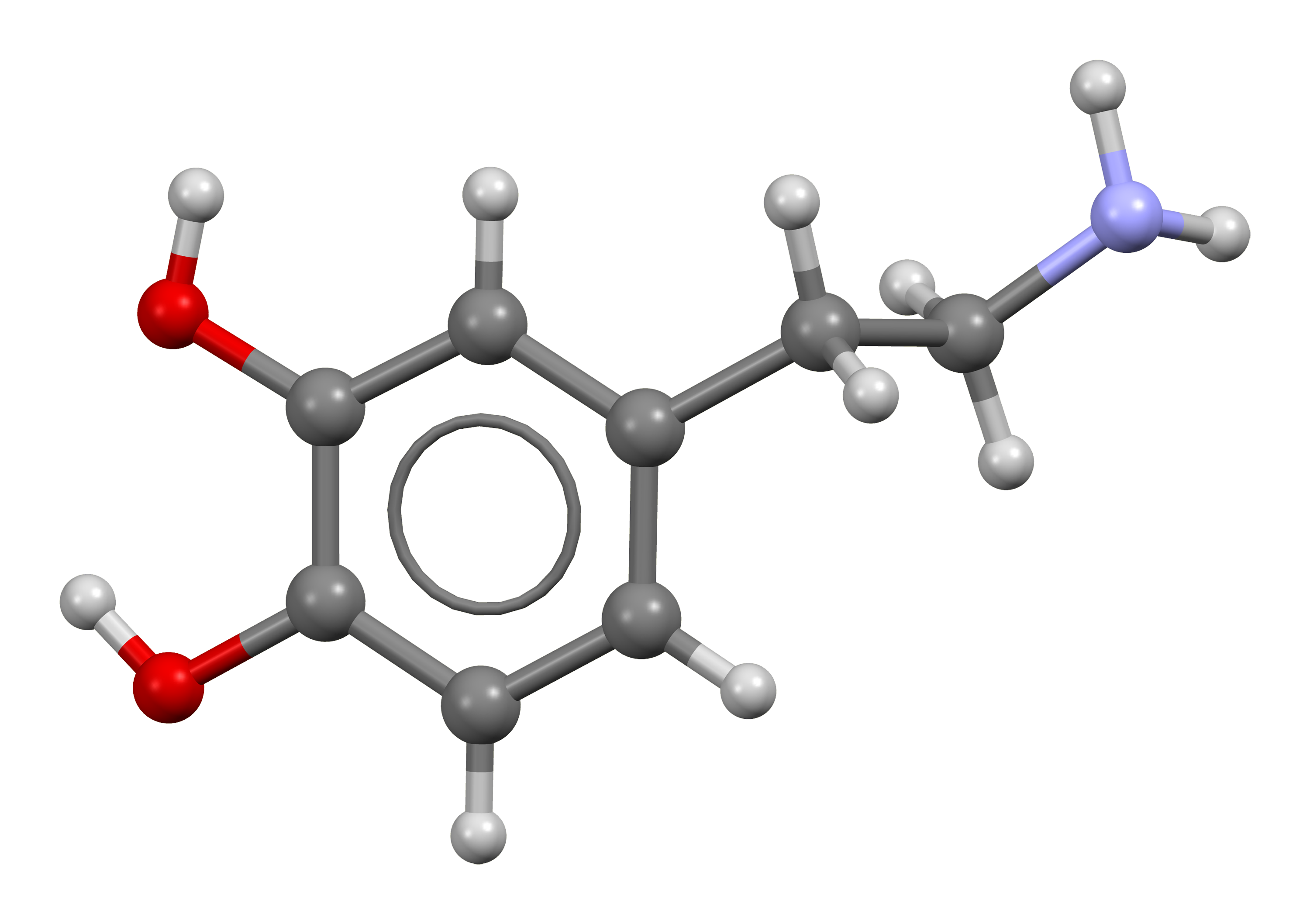Introduction to Dopamine
- Introduction to Neurotransmitters
- The Role of Dopamine
- The Role of Serotonin
- Interplay of Dopamine and Serotonin
- Competing Actions
- Collaborative Actions
- Conflicting Actions on Same Behaviors
- Complexity in Neuronal Combinations
- The Impacts of Therapeutic Drugs on Dopamine and Serotonin
- Dopamine, Serotonin and Mental Health
- Dopamine, Serotonin and Cognitive Functioning
- Settings, Synaptic Plasticity and Sensitization
- Prospects and Challenges in Dopamine & Serotonin Research
The Role of Dopamine
Dopamine and Reward: Understanding the Connection

Organic chemical that functions both as a hormone and a neurotransmitter.
Dopamine, a type of neurotransmitter, plays a crucial role in how we perceive and pursue rewards. It is often referred to as the "feel good" neurotransmitter because of its significant role in pleasure and reinforcement. However, dopamine's role in reward is much more complex and nuanced than simply generating feelings of pleasure.
The Reward System of the Brain
The reward system of the brain is a group of neural structures that are activated by reinforcing or rewarding stimuli. This system plays a critical role in promoting survival by motivating behaviors that are essential for survival, such as eating and reproduction. Dopamine is a key player in this system, particularly in a pathway known as the mesolimbic dopamine pathway. This pathway originates in the ventral tegmental area (VTA) of the midbrain and extends to the nucleus accumbens, a region often referred to as the brain's "pleasure center."
Dopamine's Influence on the Reward System
When something good happens unexpectedly, dopamine neurons in the VTA are activated and release dopamine into the nucleus accumbens. This dopamine release signals to the brain that the event or stimulus is worth getting more of. This is why dopamine is often associated with pleasure. However, it's important to note that dopamine is not directly responsible for the pleasure sensation. Instead, it's responsible for the motivation to seek out pleasurable experiences.
The Concept of "Reward Prediction Error"
Dopamine also plays a role in learning about rewards through a process known as "reward prediction error." This occurs when the actual reward differs from the expected reward. If the reward is better than expected, there is a positive reward prediction error, and dopamine release is increased. If the reward is worse than expected, there is a negative reward prediction error, and dopamine release is decreased. This process helps us adjust our expectations and behaviors to maximize rewards in the future.
Conclusion
In conclusion, dopamine plays a crucial role in the brain's reward system, influencing our motivation to seek out and work for rewards. It helps us learn from our experiences and adjust our behaviors to maximize future rewards. However, this system can be hijacked by drugs of abuse and other addictive behaviors, leading to the destructive patterns seen in addiction. Understanding the role of dopamine in reward is not only fascinating but also crucial for developing effective treatments for addiction and other dopamine-related disorders.